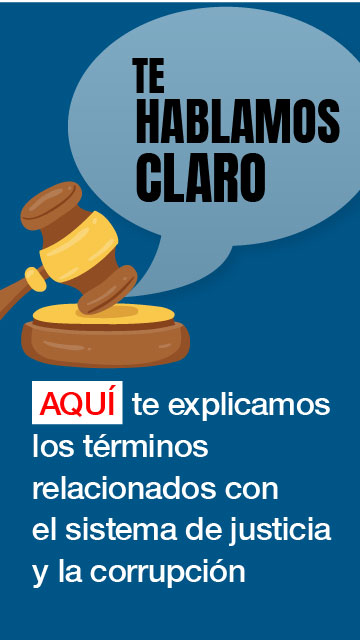On July 14, 2012, in the midst of his last election campaign, the late President Hugo Chávez called on his opponents to respect “the revolutionary, socialist and chavista Bolivarian National Armed Forces (FANB).” And two years later, a ruling by the Constitutional Court practically made the same request.
The Supreme Court ruled on June 11, 2014, that the Venezuelan military was allowed to participate in political events and chant the slogans of the United Socialist Party of Venezuela (PSUV) as “Chávez vive, la lucha sigue!”, and “Patria, socialismo o muerte!” (“Chávez lives, the struggle continues! / Homeland, Socialism or Death!).
“In armies around the world, officers use the military salute, which responds to the idiosyncrasies or culture of the country, or a historical, social and political moment they have gone through,” said the Constitutional Court in a presentation by Justice Juan José Mendoza, who before joining the TSJ was a PSUV deputy and leader. Mendoza’s reasoning would also help understand why in the mid-20th century military officers of Nazi Germany saluted each other by shouting “Heil, Hitler!
The Constitutional Court addressed this issue at the request of the Institutional Military Front (FIM), which on March 28, 2014, demanded to control partisanship at the FANB. The FIM filed this action after active members of the military participated in a march organised by the PSUV on March 15 of that year in support of the Bolivarian National Guard (GNB). Chávez’s supporters organised that “civil-military” demonstration at a time when the GNB was accused of violently suppressing protests against the government of President Nicolás Maduro, which resulted in more than 40 dead and hundreds of people injured and arrested.
The Supreme Court replied in these terms: “the participation of members of the Bolivarian National Armed Forces in political events does not constitute an impairment of their professionalism, but a bulwark of democratic and active participation.” The court also interpreted the fact that the military participate in this type of events organised by the PSUV as “a progressive act of consolidation of the civil-military union, especially when their participation is duly authorised by the institutional hierarchy.”
Article 328 of the Constitution defines the FAN as “essentially professional institution, with no political militancy,” while Article 329 reminds its members that they are forbidden “to run for public office, or participate in events of political propaganda, militancy or proselytising.”
Extract of the judgment
(…) However, (…) regarding the issue at hand, the participation of members of the Bolivarian National Armed Forces in political events does not constitute an impairment of their professionalism, but a bulwark of democratic and active participation that, for the purposes of the Bolivarian Republic of Venezuela, represents the right of every citizen, without discrimination, including members of the military in active duty, to participate freely in the political affairs and creation, execution and control of public administration (…) The exercise of this right also represents a progressive act of consolidation of the civil-military union, especially when this participation is duly authorised by the institutional hierarchy.”







